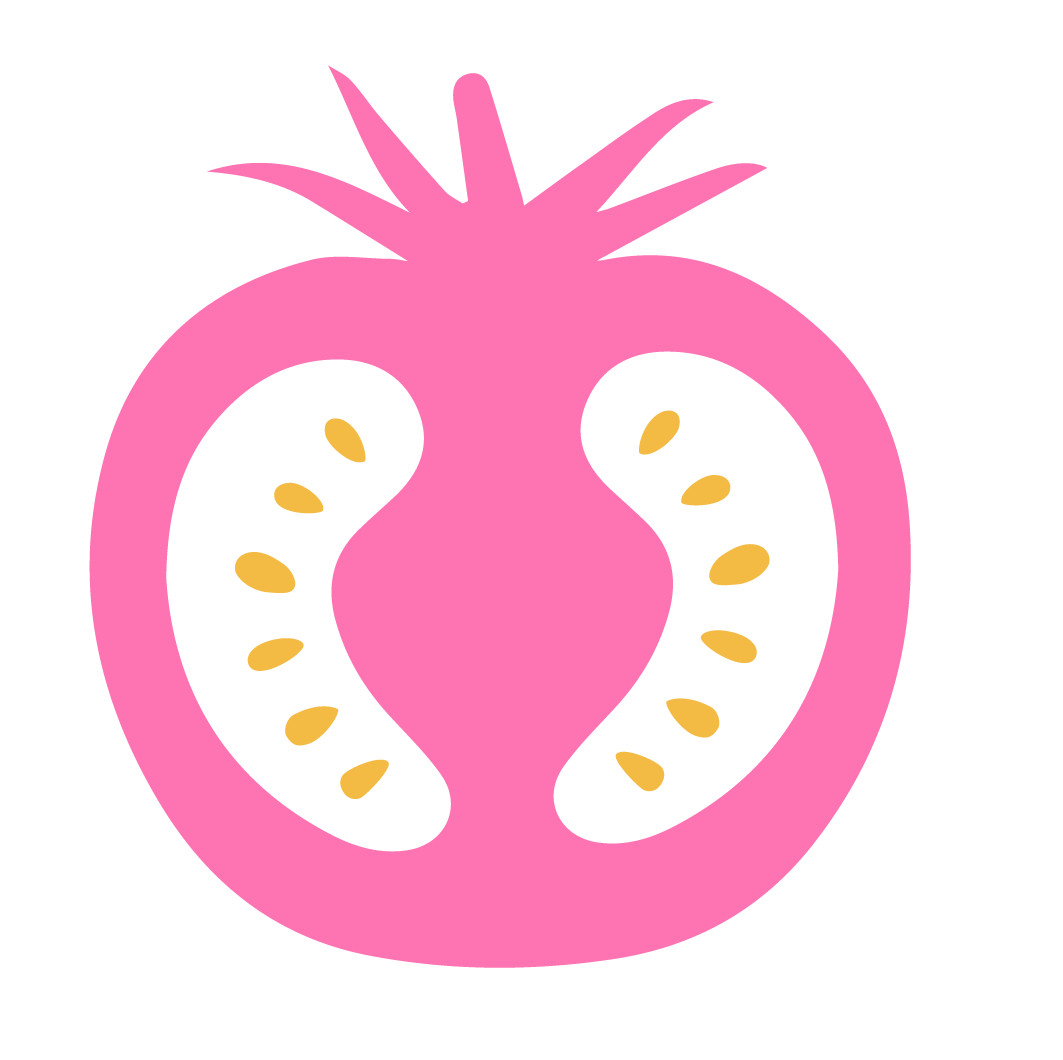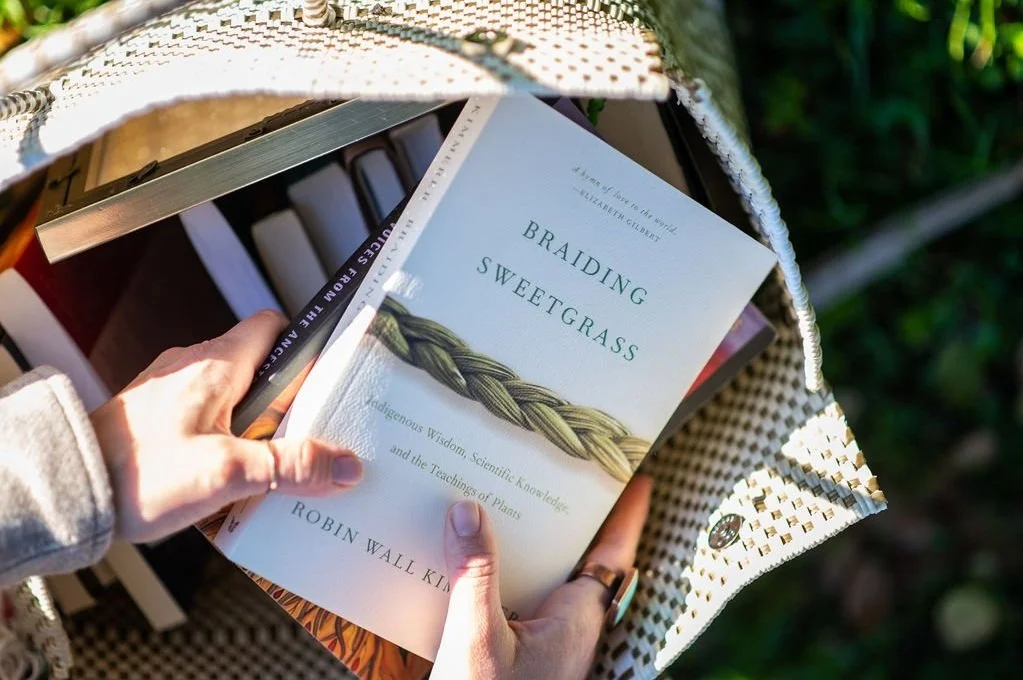Veganism as a decolonial feminist praxis plus Indigenous foodways.
Photo credit: Antonio Leon at Napa Wedding Co.
[Cue “Be Healthy” by Dead Prez (2000)]
Today, I am a doctoral student in Chicana and Chicano Studies at the University of California, Santa Barbara. My research focuses on veganism within Chicana/x communities and the larger Mexican diaspora in the 21st century.
Using the framework of “autohistoria teoría” proposed by Chicana philosopher Gloria E. Anzaldúa, I theorize my experiences as an eco-feminist vegan since 2017. I define veganism as both a lifestyle and a political ideology aimed at minimizing harm by abstaining from the domination, consumption, exploitation, and commodification of non-human animals. I view veganism through an eco-feminist, anti-speciesist, anti-racist, anti-capitalist, and decolonial lens, all of which prioritize our ecological well-being.
By considering veganism as a decolonial feminist practice, I draw upon the legacy of scholars who have theorized how transforming our relationship to food within a capitalist-colonial framework can “decolonize our diet” and promote liberation. Influential scholars who have mothered me into vegan scholarship include Alka Arora, Luz Calvo, Catriona Esquibel, Vandana Shiva, A. Breeze Harper, Alexis Pauline Gumbs, Claudia Serrato, Robin Wall Kimmerer, Margaret Robinson, Layli Maparyan, Aph Ko, and Syl Ko.
The Standard American Diet and colonized foodways have contributed to generational chronic illnesses and early deaths in my family. I hope that my eco-feminist research can provide strategies for Chicana/o/x and other communities to heal.
Evolving research and teaching commitments:
Intersectional Veganism
Comparative ethnic studies
Chicano/a/x spirituality, visual, and performing arts
Critical environmental justice
Mesoamerican culture
Decolonial research methodologies
Digital humanities & media studies
Multi-species studies
Critical food studies
Health and plant-based nutrition



